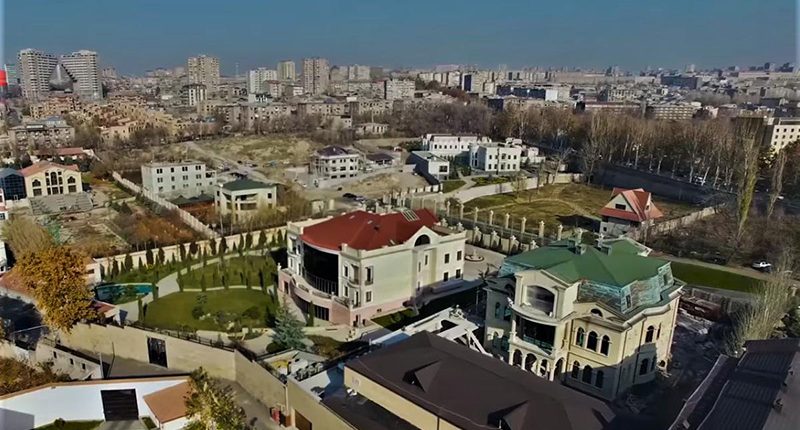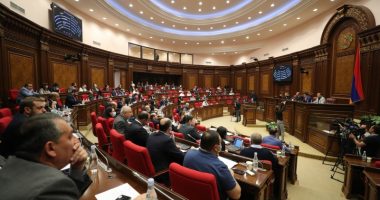Armenian President Armen Sarkissian signed into law, the forfeiture bill that was voted on by the National Assembly.
After much debate, the bill was passed about a month ago with the overwhelming majority of the Parliament members, allowing for the confiscation of property illegally obtained by corrupt officials.
Despite attempts to pressure the President by spreading false news about his family members, President Armen Sarkissian signed the law after long deliberations with his advisers and legal counsel, while noting that he will closely monitor its impartial implementation, so that it will not be used for political or other unintended reasons.
With this bill, the Parliament took one of its most important steps since the 2018 Velvet Revolution, making it possible to return to the state coffers, millions of dollars worth of properties that were acquired over the years through corruptive means and abuses of power. The law applies to all former and current officials dating back to September 21, 1991.
The peculiarity of this bill is that the seizure of assets can be carried out without long-term legal proceedings, which in some cases, can take years without reaching a resolution. On the other hand, individuals who are required by this law to return their illicit property, cannot be subject to criminal penalties. That is, they cannot be imprisoned for their previous actions.
At first glance, the law may seem outlandish and unfair, but the legality of confiscation of property without a court order was endorsed by the 2004 UN Convention Against Corruption and was signed by Armenia in 2007. Under this treaty, countries have the right to authorize the confiscation of property without conviction in cases where the perpetrator could not be prosecuted for reasons such as death, escaping from the justice, or other situations.
The bill passed by the parliament also has many limitations and restrictions to ensure that it is not arbitrarily implemented against any individual or entity. The prosecutor’s office is prohibited from investigating any indivudual’s personal source of income and property without probable cause. Investigations can only occur when there is an accusation of corruption against a given person or such suspicions are revealed through the gathering of intelligence.
There is panic among some circles these days, especially among those, who for the last twenty years managed to acquire state properties and lands for incredibly low valuations and in turn, made large profits and amassed enormous amounts of wealth. Although these groups have lost power in government, they continue to control the mass media in Armenia, including many TV stations, newspapers, and online publications. They are using their propaganda network to prevent the law from being implemented.
There are many who were part of the former ruling elite, and over the years benefited from their positions in the government. For obvious reasons, they were not willing to voluntarily return their illegal properties, making the adoption of such a law a necessity. Also, the prolongation of this issue, which was one of the main demands of the Velvet Revolution, was causing popular discontent among regular citizens, and the current government was being blamed for the absence of tangible results.
The adoption of this long-overdue law on the forfeiture of property is the first step on the road in easing social polarization and restoring justice in Armenia.
“MASSIS”










